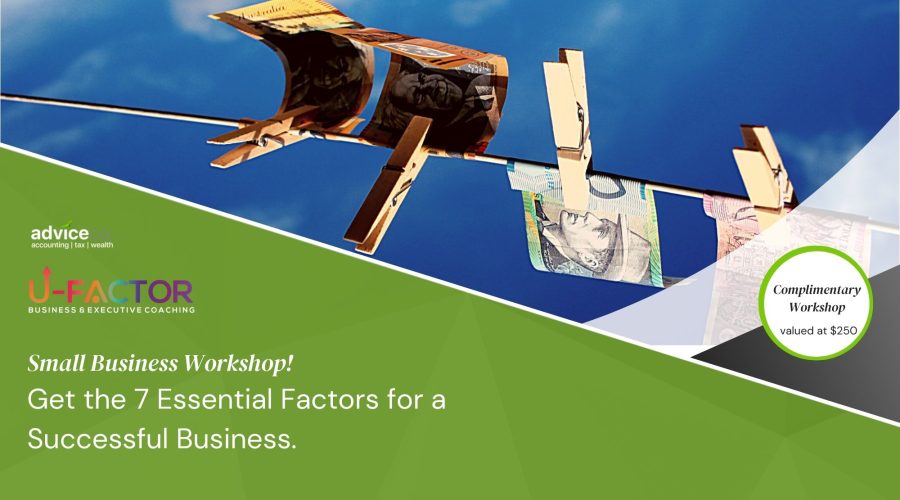Tax deductions specifically for SMSFs Posted on October 9, 2018

If an SMSF trustee incurs an expense in the usual operation of the fund, this will generally give rise to a deductible expense against assessable income.
Another overarching element to keep in mind with regard to an SMSF can be found in that word “assessable”. Any expense incurred to gain or produce non-assessable income (a good example in these cases being a pension) do not give rise to a deduction being available. Also remember that a trustee cannot be “rumunerated” for their role.
The ATO states a general principle in its ruling on SMSF deductions, which trustees can keep in mind. This general principle says that expenditure of a superannuation fund “which is not of a capital, private or domestic nature” is deductible to the extent that:
-
It has the essential character of an outgoing incurred in gaining or producing assessable income, or
-
It has the character of an operating or working expense of a business or is an essential part of the cost of the fund’s business operations.
Again in keeping with general taxation principles, if the fund has both accumulation and pension phase accounts, expenses incurred to produce both assessable income as well as to gain non-assessable or exempt income will be required to be apportioned. As there are various methods of apportionment, depending on whether the SMSF’s assets are segregated or not, it may be best to consult a financial adviser. Remember also that some costs can be incurred with managing assets, but care needs to be taken as these may partly support a pension income stream.
The specifics
The ATO has published guidance to allow for certain expenses to be deductible to an SMSF. Its guidance says “the following types of expenses typically incurred by a superannuation fund are ordinarily deductible”. They are:
-
actuarial costs
-
accountancy fees
-
audit fees
-
costs of complying with a “regulatory provision” (that is, government regulations) unless the cost is a capital expense
-
costs in connection with the calculation and payment of benefits to members (but not the cost of the benefit itself)
-
investment adviser fees and costs in providing pre-retirement services to members
-
subscriptions for membership paid by a fund to The Association of Superannuation Funds of Australia Limited and other such industry bodies, and
-
other administrative costs incurred in managing the fund.
Note: The first two are accompanied by a conditional note inserted by the ATO, which states “except those incurred in complying with, or managing, the fund’s income tax affairs and obligations which are ordinarily deductible”.
For other expenses that the ATO recognises as being commonly incurred by an SMSF, it makes the following comments:
-
the superannuation supervisory levy is deductible as a tax-related expense (however, any penalty for late payment of the levy is not),
-
the deductibility of legal expenses usually depends on whether the expenses are of a capital or revenue nature,
-
up-front costs incurred in investing money are of a capital nature and are not deductible,
-
investment or administration charges levied by a life assurance company or pooled superannuation trust will generally not be deductible to the fund, and
-
the costs of amending trust deeds are allowable as a deduction, provided the expenditure is not of a capital nature.
With regards to the latter, the ATO concedes that if deed amendments are made in order to comply with changed government regulations, or are made to ensure the SMSF’s day-to-day functioning continues to satisfy compliance obligations, then the costs associated with this can generally be considered to be revenue in nature, and therefore deductible.
However most other deed amendment activities, according to ATO guidance, are deemed to be on capital account, and include:
-
establishing a trust,
-
executing a new deed for an existing fund, and
-
amending a deed to enlarge or significantly alter the scope of activities.
Remember also, when paying for any SMSF expenses, to ensure they are made from the fund’s account, not your own or a company account. There is the risk that such payments could be considered a “loan” to the fund. Likewise, all invoices should include the full name of the SMSF as well as the correct relevant details.





